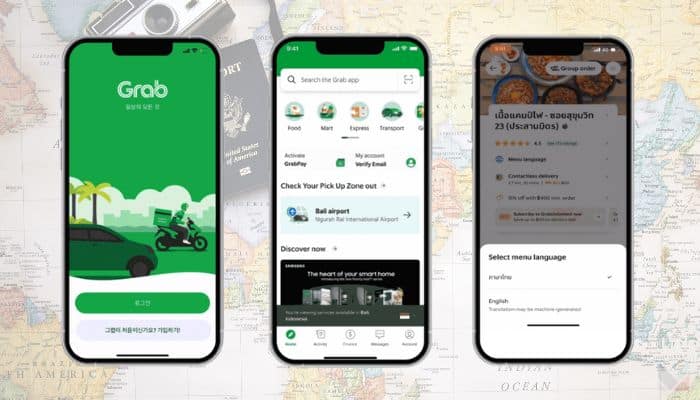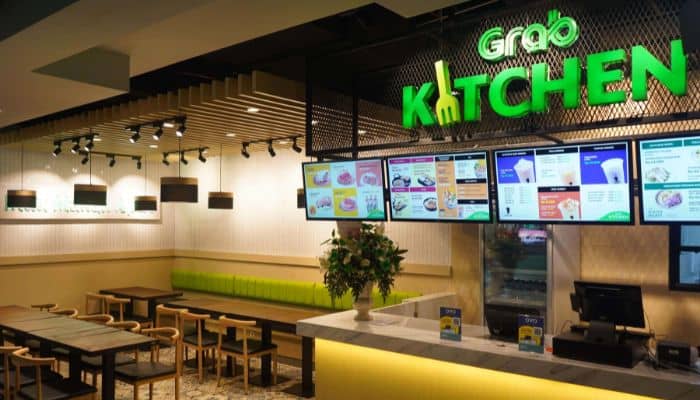Manila, Philippines – Following a recent ₱9m fine by the Philippine Competition Commission (PCC), Grab Philippines has stated that it is now evaluating its legal options regarding the fine, stating that it has been proactive at communicating with the PCC in regards to alternative options in reimbursing the fees to consumers.
A spokesperson for Grab Philippines said that while they are surprised with the new fine PCC has given them, they are glad that the PCC has finally come to a decision on the disbursement mechanism for the remaining administrative fees.
“Grab Philippines has always been 100% committed to fully depleting the unclaimed admin fees, and have made every effort we can to do so. We proposed alternative disbursement mechanisms and are surprised that the PCC made a decision in February 2023 without informing us – given that we’ve been regularly following up with them,” the spokesperson said.
The company also added that they will abide by the recent PCC order in regards to the alternative refund mechanism as required by the order.
The fine imposed by the PCC is composed of a ₱6m fine where Grab violated three separate commission orders for the company to return a combined ₱25.45m to its customers. The other ₱3m fine is in regards to Grab providing incorrect and misleading information in the compliance reports that the company submitted with respect to the refund orders.










